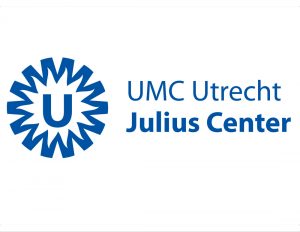Improving early detection of cancer in primary care (PhD)
Start Date Jan 2015
Code Ut3-Aff, PhD
Status Completed
Project summary

The annual number of patients newly diagnosed with cancer in the Netherlands is rising and has recently exceeded 100,000, leading to 45,000 cancer related deaths each year. Cancer survival rates in the Netherlands are low compared to other countries in Central and Northern Europe. One of the reasons might be that in the Netherlands cancer is often detected in late stages of disease. As the majority of cancer patients present to primary care first, improving early detection of cancer by the GP could substantially contribute to improve cancer survival. In the DICKENS study we aim to assess the extent of delay in diagnosis and treatment, and to identify determinants of diagnostic delay in the primary care setting, for the ten cancer types in which most gain is to be expected from delay reduction.
For each of these cancer types the following questions will be answered:
1. What is the extent of delay in the different phases of cancer care?
2. What is the association between the extent of delay and the tumor stage distribution at diagnosis?
3. What are the determinants of delay in the diagnostic phase in primary care?
We will perform a retrospective cohort study in the Dutch Primary Care Database (DPCD), the joint routine care datasets of the 8 academic primary care registration networks with over 2 million primary care patients. Data of 3000 patients, 300 for each cancer type, will be extracted. The cancer diagnosis will be validated through linkage to the Netherlands Cancer Registry (NCR).Determinants of delay under study include characteristics of patients, disease, GP and consultation. For each type of cancer 300 patient files will be selected. The results of this study will be compared to those of other countries. distributed through scientific publications and presentations at national and international conferences.


